Intensive Farming To Produce Crops
Topics covered in this factsheet include. Large amounts of labour and capital are necessary to the application of fertilizer insecticides fungicides and herbicides to growing crops and capital is particularly important to the acquisition and.

The Pros And Cons Of Intensive Farming
Monocropping is a defining feature of intensive plant agriculture.

Intensive farming to produce crops. Intensive farming is an agricultural system that aims to get maximum yield from the available land. On the other extreme extensive farming is a farming method wherein acres of land are being farmed with lower inputs ie. Intensive farming is concerned above all with productivity and uses a high level of inputs and energy to achieve it.
You could say that under this technique food is produced in large quantities with the help of chemical fertilizers and pesticides that are appropriately used to save such agricultural land from pests and crop diseases. Investing in Intensive Agriculture. Intensive farming refers to a method of food production that relies on the intensification and mechanization of agricultural practices.
Intensive farming is an agricultural intensification and mechanization system that aims to maximize yields from available land through various means such as heavy use of pesticides and chemical fertilizers. The term livestock refers to those individual animals who have no choice but to endure life on farms. Large areas of land are planted with a single.
Intensive plant agriculture includes horticulture and viticulture. This factsheet sets out the relevant issues to consider when preparing a development application for intensive plant production. The factsheet focuses on agricultural issues rather than the full range of issues that applicants must address.
Agriculture Intensive means premises used for trade or commercial purposes including outbuildings and earthworks associated with the following a the production of grapes vegetables flowers exotic or native plants or fruit or nuts. Intensive farming also intensive agriculture is the practice where a lot of labor and capital is employed to maximize agricultural produce or yields. Intensive farming is an agricultural method of increasing the crop yield by heavy use of chemicals such as fertilizers pesticides etc.
Advantages of Intensive Farming Farm yields are higher than traditional farming methods with yield per hectare being significantly higher. Intensive agriculture in agricultural economics system of cultivation using large amounts of labour and capital relative to land area. The inputs are usually in the form of chemicals fertilisers pesticides and growth regulators.
Aquaculture involves the. Intensive farming is the latest technique used to yield high productivity by using measures such as keeping a large number of livestock indoors and using an excessive amount of chemical fertilizers on a tiny acreage. Labour and investment in comparison to the land.
It is carried out to meet the rising demand for cheap food and to prevent future shortages. Direct energy consumption is seen in the high levels of mechanisation. The aim of intensive farming is to increase the productivity and profitability of a piece of land.
Demand and Infrastructure Requirements for Intensive Agricultural Industries and Identification of the Economic and Social Benefits was commissioned by Council at the suggestion and funding of the Victorian Government in response to the high level of interest in Golden Plains Shire from intensive animal industries particularly the poultry sector further to Developing. This farming technique is also applied in supplying livestock. The process allows.
Types Of Intensive Farming Livestock. Intensive livestock agriculture includes industries such as poultry pig farms cattle and sheep feedlots dairies and rabbit farms. Supervision of the farm becomes easier as time goes on this is because the farm adapts to the new high output ratio and.
It is characterized with the intensive use of pesticides fertilizer and other production inputs for crops and medication as well. Intensive farming practices include growing high-yield crops using fertilizers and pesticides and bringing more land under agricultural production were used as the answer to filling the production gap but there are unwelcome side effects. DAs are generally required for these industries so that potential impacts on the site and on adjoining land are managed and the potential for land use conflict is diminished.

How Small Farms Can Sustainably Feed The Future By Louisa Chalmer Age Of Awareness Medium

Industrial Agriculture How Intensive Farming Affects Our Lives
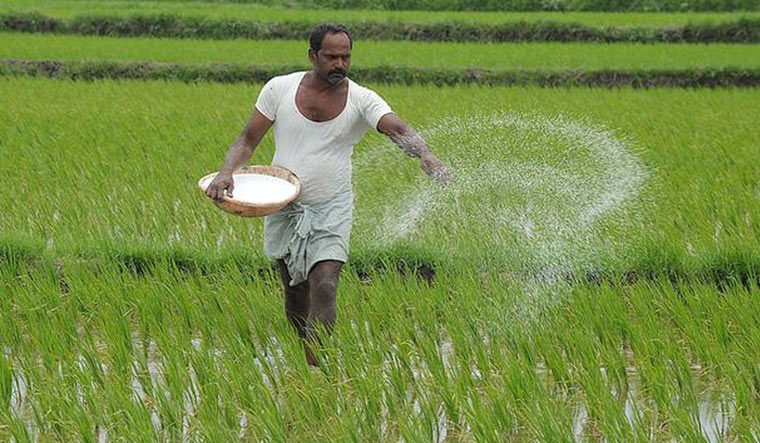
Intensive Farming More Environment Friendly Than Organic Methods Study The Week

Monoculture Do Intensive Farming And Gmos Really Threaten Biodiversity Genetic Literacy Project

Difference Between Intensive And Extensive Farming Farming Base
Intensive Agriculture Cultural Anthropology

Intensive Farming And Extensive Farming Difference Between Extensive And Intensive Farming Youtube

Advantages And Disadvantages Of Intensive Farming

Soil The Foundation Of Agriculture Learn Science At Scitable

Industrial Agriculture How Intensive Farming Affects Our Lives
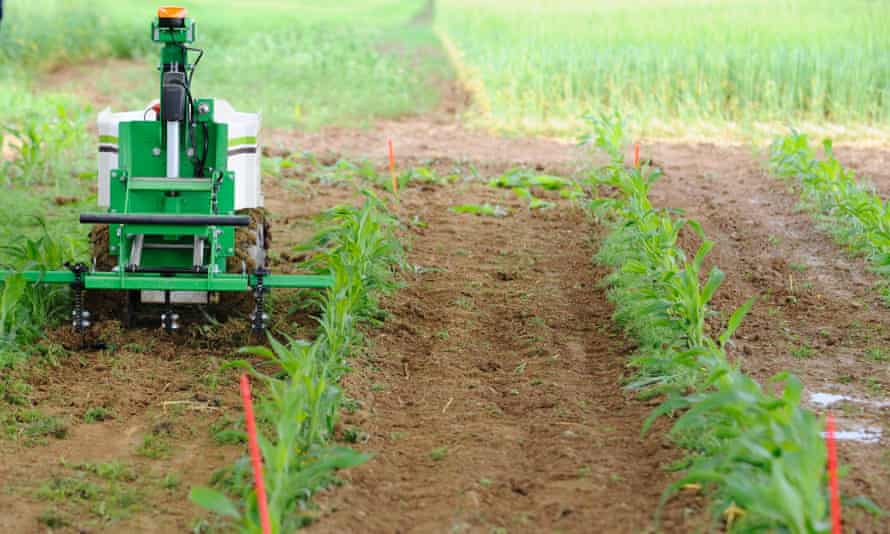
Can We Ditch Intensive Farming And Still Feed The World Farming The Guardian
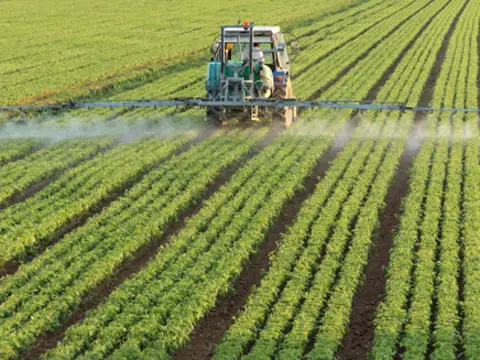
Advantages And Disadvantages Of Intensive Farming

Intensive Farming Ecologically Sustainable Euractiv Com

Sustainability Advantage High Yield Intensive Agriculture Outpaces Organic Farming Large Study Shows Genetic Literacy Project

Advantages And Disadvantages Of Intensive Farming

Intensive Agriculture Impact On Humans Animals And The Planet
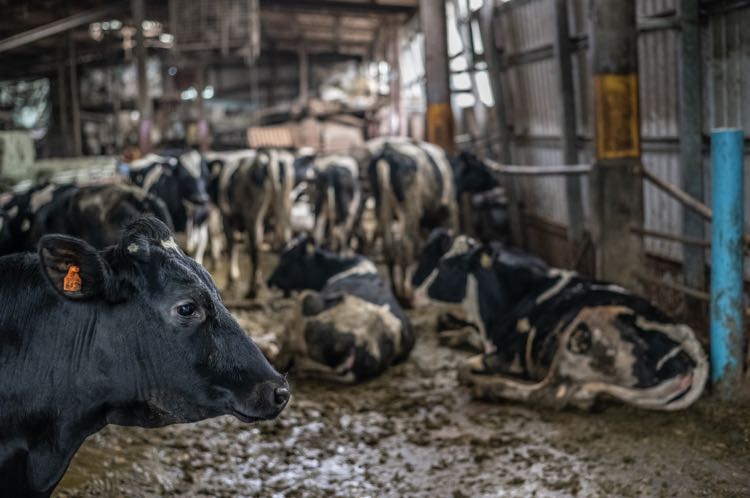
Intensive Agriculture Impact On Humans Animals And The Planet

Fajalah Kinara Extensive Farming Extensive Agriculture
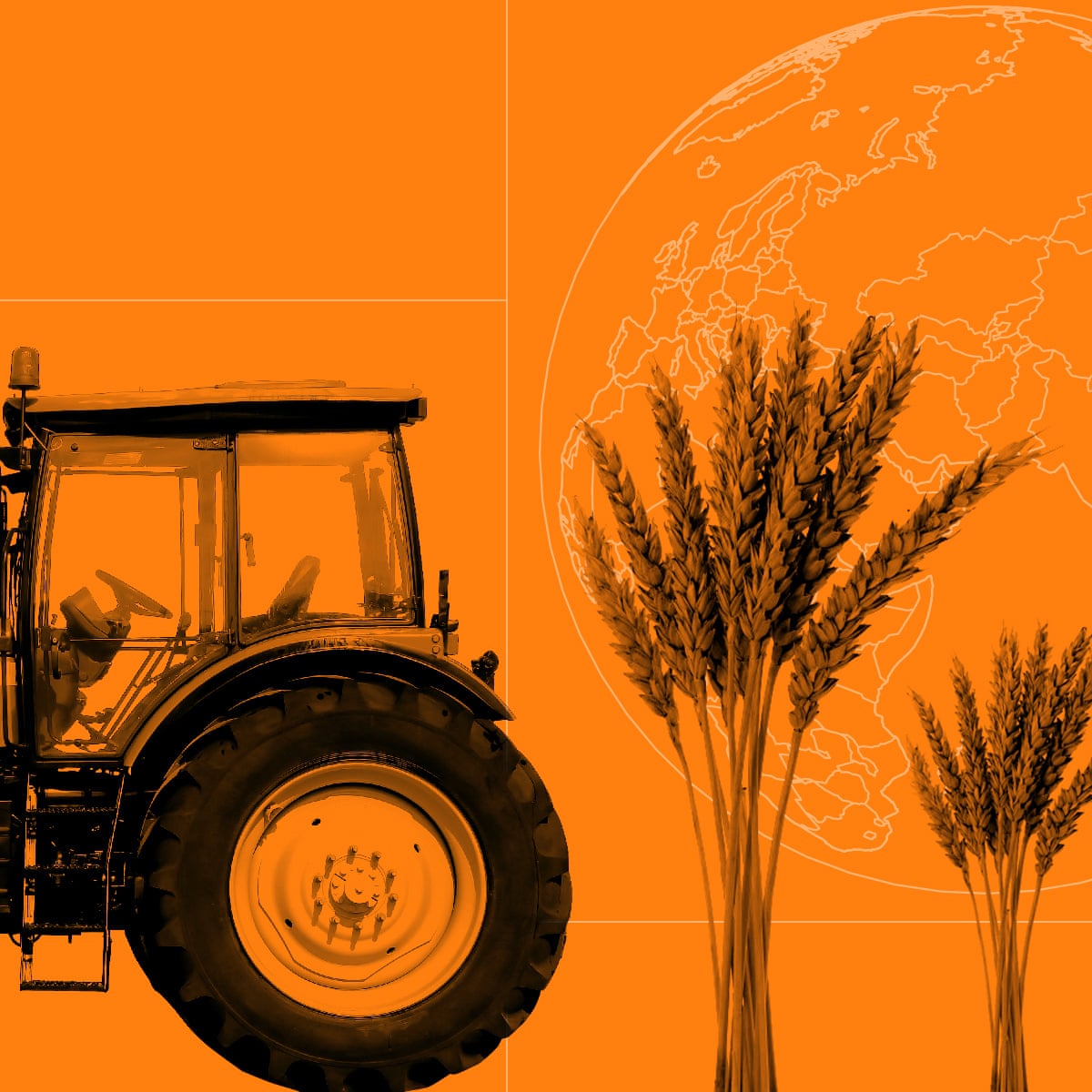
Can We Ditch Intensive Farming And Still Feed The World Farming The Guardian
Post a Comment for "Intensive Farming To Produce Crops"